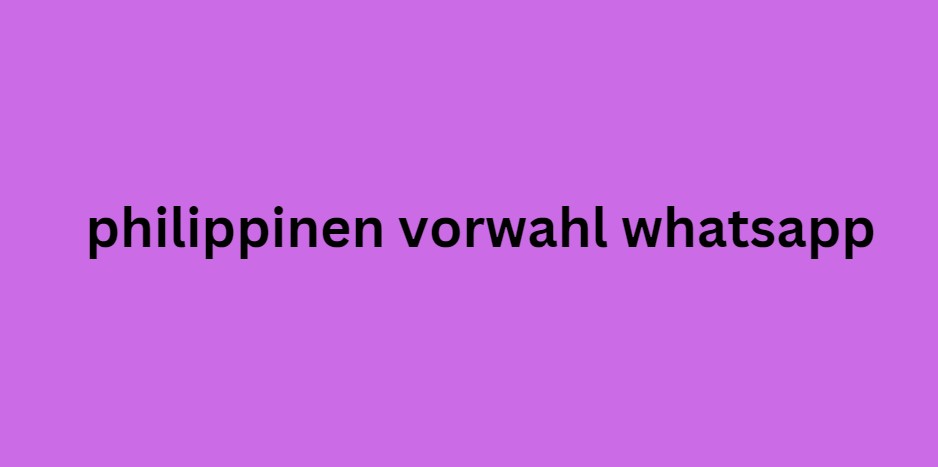These are links that are paid for directly to be placed on a specific website or platform. These links are common in digital advertising campaigns, collaborations with influencers, and other marketing strategies.
While this is an option that can serve for a quick and direct presentation, there are some issues to keep in mind:
While sponsored links can drive traffic to your site, they generally do not transfer authority due to the “nofollow” or “sponsored” tags. Therefore, they should not be considered a strategy to improve search engine rankings.
Additionally, they typically have short-term value, as they are only active during the campaign or deal period.
But not everything is so limited when it comes to sponsored links: they can be effective in increasing the visibility of a brand, product or service, especially if they are placed on websites or platforms with a large, relevant audience.
UGC Links
The term “UGC” stands for “User Generated Content.” In the context of links, the “UGC” attribute is used to identify links that come from user-generated content, such as comments on blogs or forums.
A “UGC” link is one that has the rel=”ugc” attribute in its tag. This attribute was philippinen vorwahl whatsapp introduced by Google in 2019.
Its goal was to provide greater specificity about the nature of links, especially those originating from sections of user-generated content.
It currently helps search engines identify and differentiate content created by website owners from content created by their users.
This distinction can be useful in determining the quality and relevance of a link. That's why we can say that they are typical on websites with large sections of user-generated content, such as forums, blog comment sections, and review platforms.
An extra note: it is possible to combine the “UGC” attribute with others, such as “nofollow”. For example, rel=”ugc nofollow” is a valid way to label a link, indicating that it is user-generated content and should not be followed by search engines.

These are links that are added within content due to their relevance, quality and added value, and not due to commercial agreements or exchange practices. These links are highly valued in the SEO world due to their organic and authentic nature.
These links usually point to high-quality content that complements or expands the information in the original article. They can lead to studies, research, and reference articles, among others.
Since editorially placed links are a signal that the linked content is high quality and relevant, they are often highly beneficial in terms of SEO .
Search engines, especially Google, value these links as they are often seen as authorities in their niche or industry. These links help build trust and online reputation.